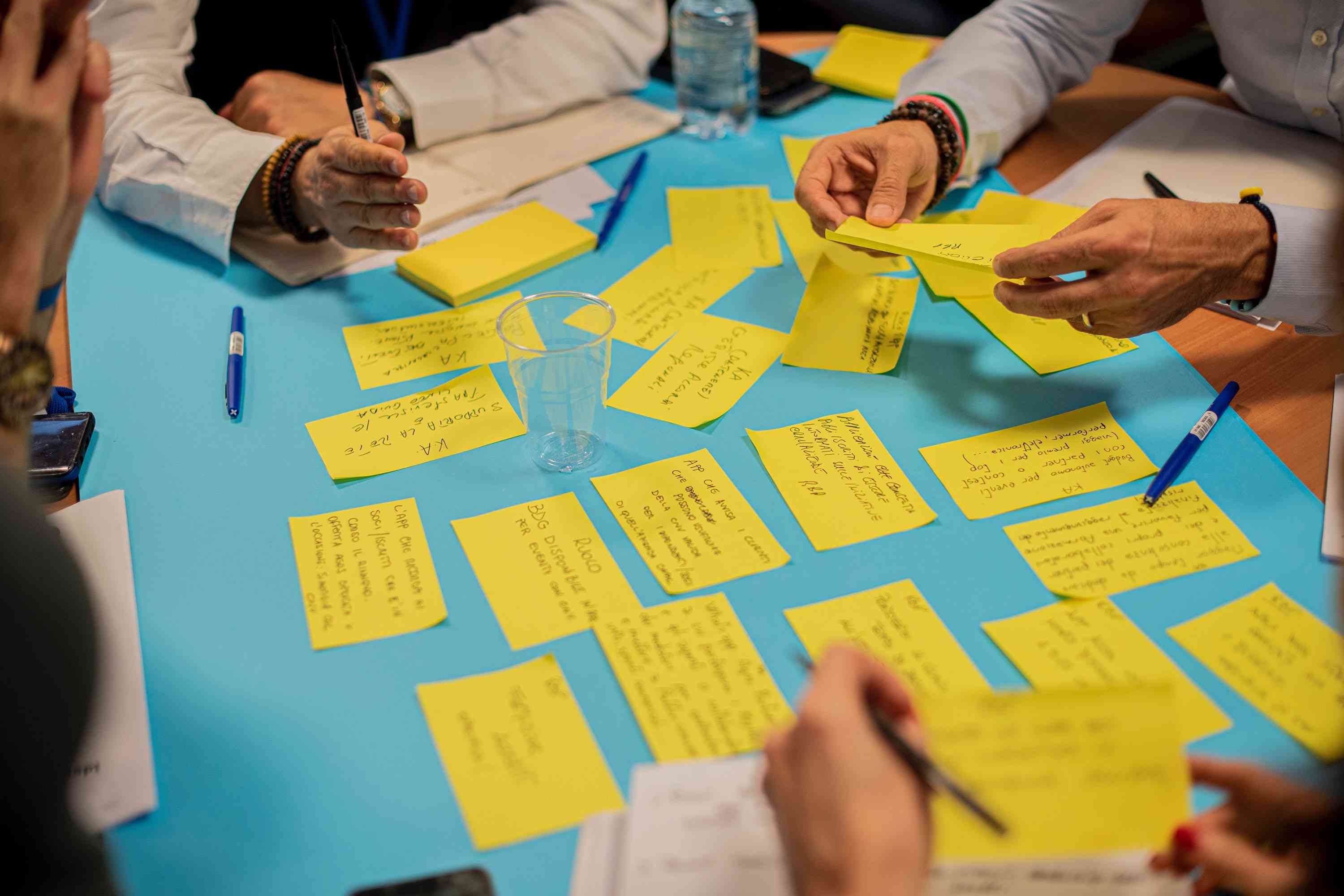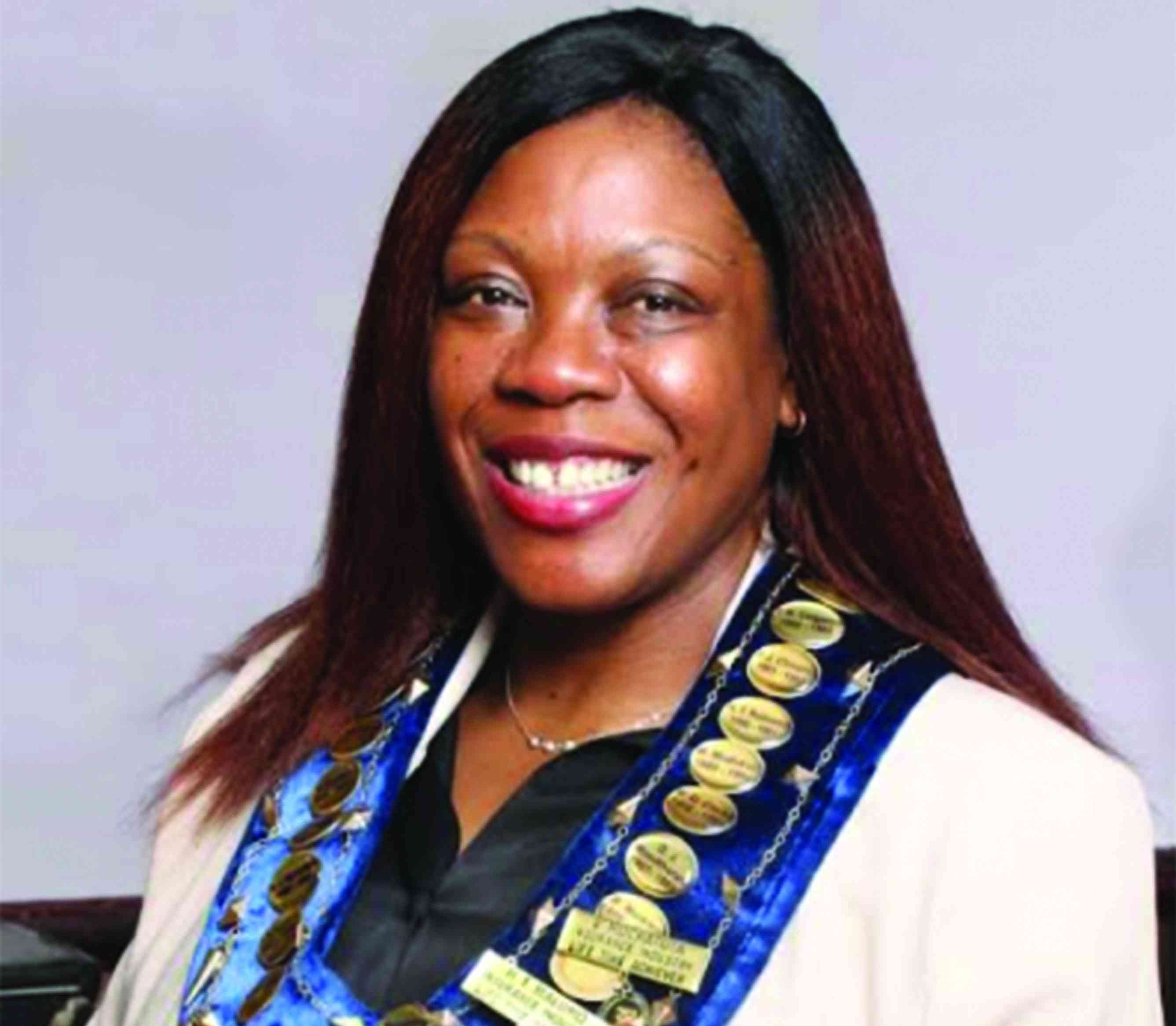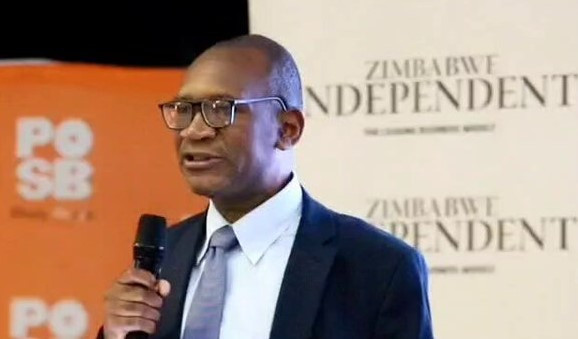
DEVELOPING a strategy in Zimbabwe, and I am sure in many other jurisdictions, has become a ritual rather than a genuine act of thinking about how to win.
Over the years, I have observed that what most organisations call “strategy sessions” or “strategy workshops” rarely produce strategy at all. They default to creating action plans: lists of activities dressed up as strategy documents.
A real strategy is an integrated set of choices that compel customers to act in your favour. It is about making deliberate choices, where to play and how to win. Yet most organisations have unconsciously adopted a default planning model that produces action plans.
When you look across many sectors, competitors are virtually doing the same things. You could easily think they are one business divided into different units.
The two-day strategy workshop
One of the biggest misconceptions about strategy development is the belief that it can be completed in two days. Many boards and executives convene at a resort or conference centre, spend two days reviewing presentations, and at the end, produce what they call a “strategy document”.
Two days are enough to create an action plan, not a strategy. Strategy development requires deep, creative thinking, not just data analysis or PowerPoint slides. It requires understanding your customer, your context and your competitive dynamics at a granular level.
A genuine strategy conversation must challenge current assumptions. It should ask hard questions about why you exist, what problems you are solving for your customers and how you will compete differently.
- Mavhunga puts DeMbare into Chibuku quarterfinals
- Bulls to charge into Zimbabwe gold stocks
- Ndiraya concerned as goals dry up
- Letters: How solar power is transforming African farms
Keep Reading
A two-day event can only scratch the surface. It cannot generate the depth of insight and alignment required for strategic choices that endure.
Executives and boards often rush through the process because they want to “produce a strategy document”. But a document is not a strategy. A strategy should change the direction of your business, reshape choices and focus resources on the few things that will truly make you win. A well-crafted strategy should feel uncomfortable because it requires choosing one path and letting go of others.
A better way to develop strategy
A strategy is a problem-solving tool. It begins with identifying and defining your organisation’s most pressing problems, the gaps between where you are and where you want to be. For example, you might be losing market share to the informal sector, or your products may be perceived as too expensive, leading to declining sales.
These problems exist because of the choices you previously made. The only way to win is to make new and better choices.
Those choices fall into two broad categories:
Where to play: This involves deciding which markets, segments, products, or geographic areas you will focus on. You cannot win everywhere. Choosing where to play means deliberately excluding areas that do not contribute to your long-term success.
How to win: This is about defining the unique way you will create value for customers that competitors cannot easily copy. It is about your distinct advantage, the reason customers should choose you and not someone else.
The most effective strategies focus on solving a few high-stakes problems. List no more than ten such problems. If your strategy does not solve your most pressing problems, it is not a strategy.
Ensure that there is consensus across the business that these are indeed the right problems. The best validation comes from those on the front lines: salespeople, customer service staff, and operations teams who interact with customers on a daily basis.
The work before the workshop
One of the major reasons strategy workshops fail is the lack of adequate preparation. Most organisations rush to book a venue and gather people before doing the groundwork. Real strategy work begins long before the workshop.
Before setting the workshop date, each business unit or brand should identify and validate its key problems and opportunities. For organisations with multiple brands or business units, each should develop its own draft strategy tailored to its unique context.
This allows the workshop to focus on integrating, refining, and stress-testing the ideas rather than starting from scratch.
Preparatory work should include data collection, market analysis, and stakeholder input. It should explore customer behaviour, competitive trends, technological shifts, and internal performance. A good strategy process is evidence-based. It uses data not as decoration for slides but as a foundation for insight.
When people arrive at the workshop with well-researched and thought-out inputs, the quality of the discussion changes. It moves from vague brainstorming to disciplined decision-making. The outcome is not just a consensus document but a set of deliberate choices anchored in evidence.
Strategy documents look the same
If you review strategy documents from 10 Zimbabwean organisations across different sectors, you will notice a pattern. They all claim to be customer-focused, innovative, and sustainable. They all aspire to be “the leading organisation in their industry”.
This uniformity reflects the ritual nature of strategy development. Organisations have stopped thinking about what truly sets them apart. Strategy has become an annual event rather than an ongoing process of discovery and adaptation. The result is a sea of sameness, as organisations chase the same markets with similar products and generic promises. This is not a strategy; it is imitation.
A real strategy requires courage to be different.
It means saying no to some opportunities so that you can say yes to the right ones. It means focusing resources on a few things that create real advantage.
Breaking the ritual
Leadership must create an environment that fosters strategic thinking. That means encouraging open debate, tolerating dissent, and rewarding insight over conformity.
Too many strategy sessions are dominated by senior voices, leaving little room for challenge or creativity. Leaders must resist the temptation to dictate and instead facilitate genuine dialogue.
A good strategy process asks three key questions continuously:
What is changing in our environment, and what does it mean for us?
What unique value can we deliver that no one else can?
What will we deliberately choose not to do?
When leaders ask these questions persistently, strategy stops being a ritual and becomes a way of thinking.
How to fix it
To fix this problem, Zimbabwean organisations must move from ritual to rigour. That requires three major shifts.
First, shift from events to processes: Strategy should not be a once-a-year event but an ongoing conversation embedded in management routines. The best organizations treat strategy as a dynamic process that evolves in response to changing environments.
Second, shift from imitation to insight: Stop copying competitors or international templates. Start with your own context. Understand your customers, your cost structure, your competitive advantages, and the constraints you face. Real strategy grows out of insight into what is true for you.
Third, shift from participation to contribution: Everyone can attend a strategy session, but not everyone contributes meaningfully. The quality of strategy improves when people come prepared with evidence, insights, and options, rather than waiting for inspiration during the workshop.
Final thoughts
Strategy development in Zimbabwe has become a ritual because it is driven by form rather than substance.
People want a document to submit to regulators, funders, or boards, not a roadmap to win. However, the essence of strategy lies in making an integrated set of choices: where to play and how to win.
Nguwi is an occupational psychologist, data scientist, speaker and managing consultant at Industrial Psychology Consultants (Pvt) Ltd, a management and HR consulting firm. — Linkedin: Memory Nguwi, Mobile: 0772 356 361, [email protected] or visit ipcconsultants.com.










